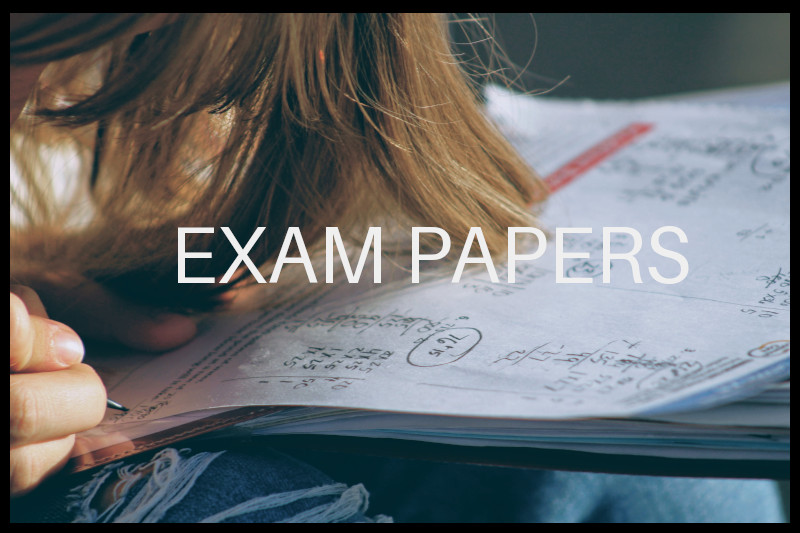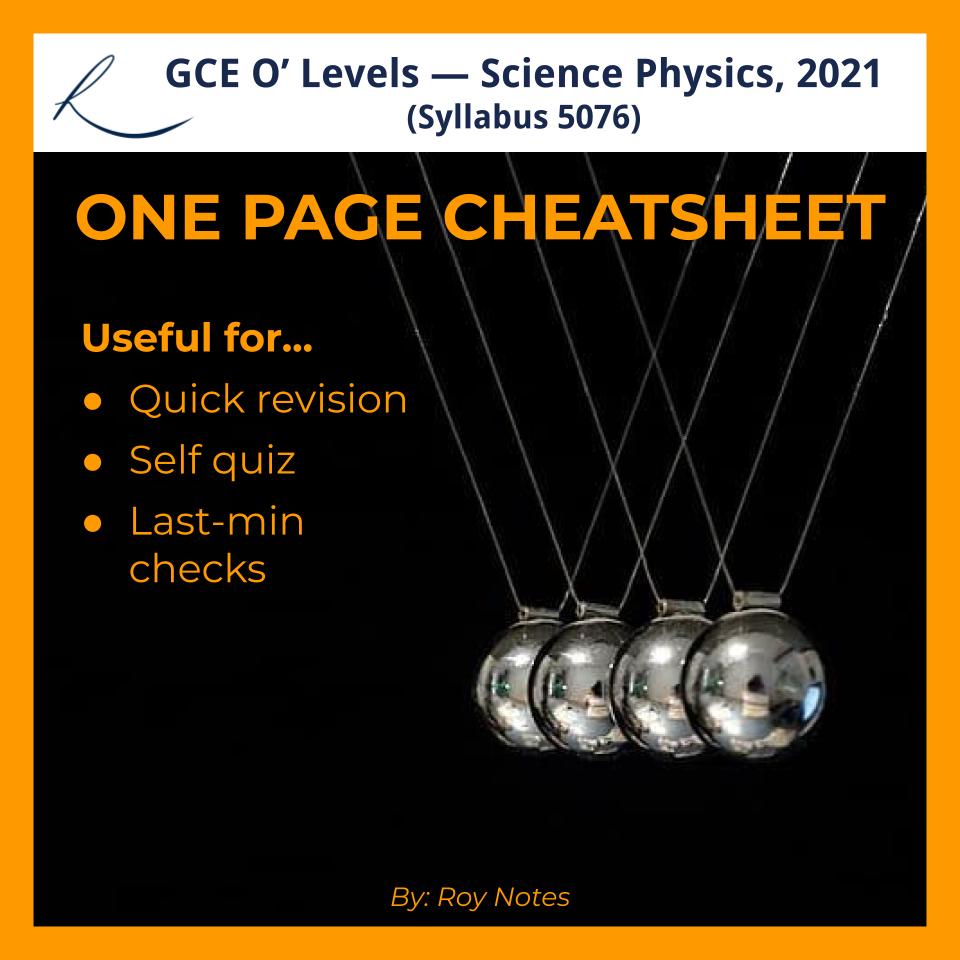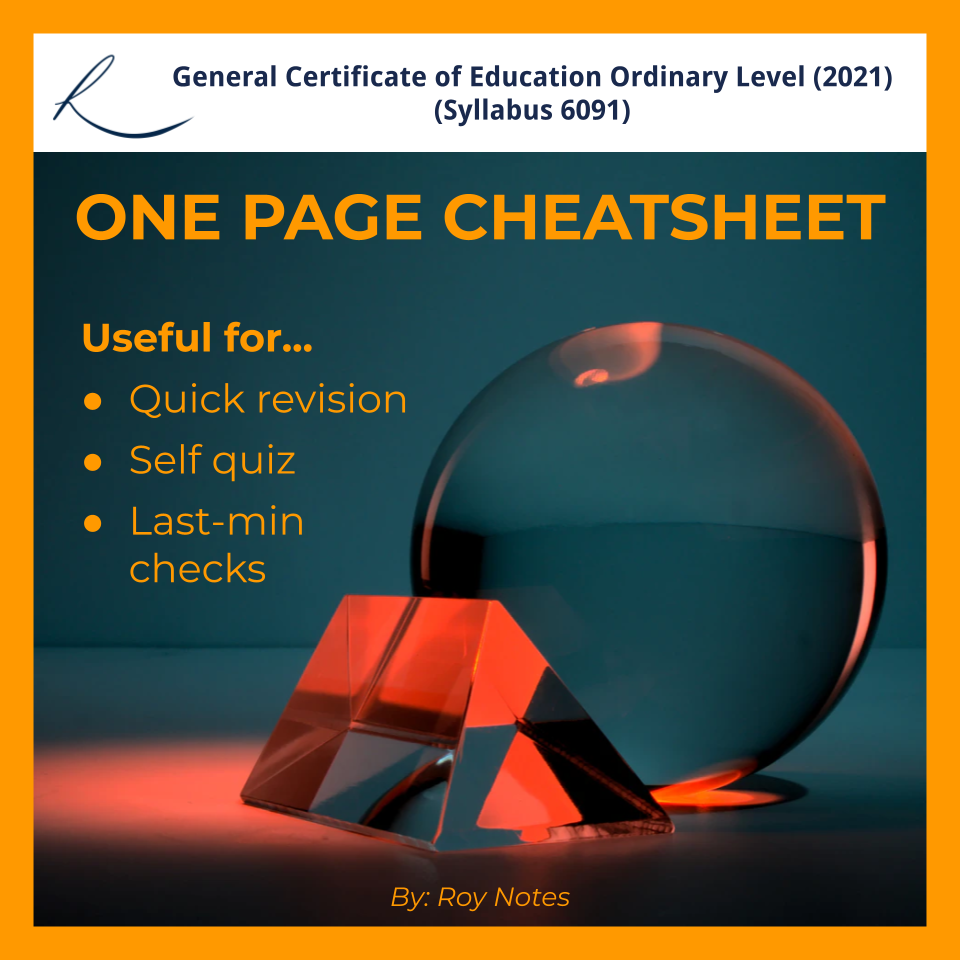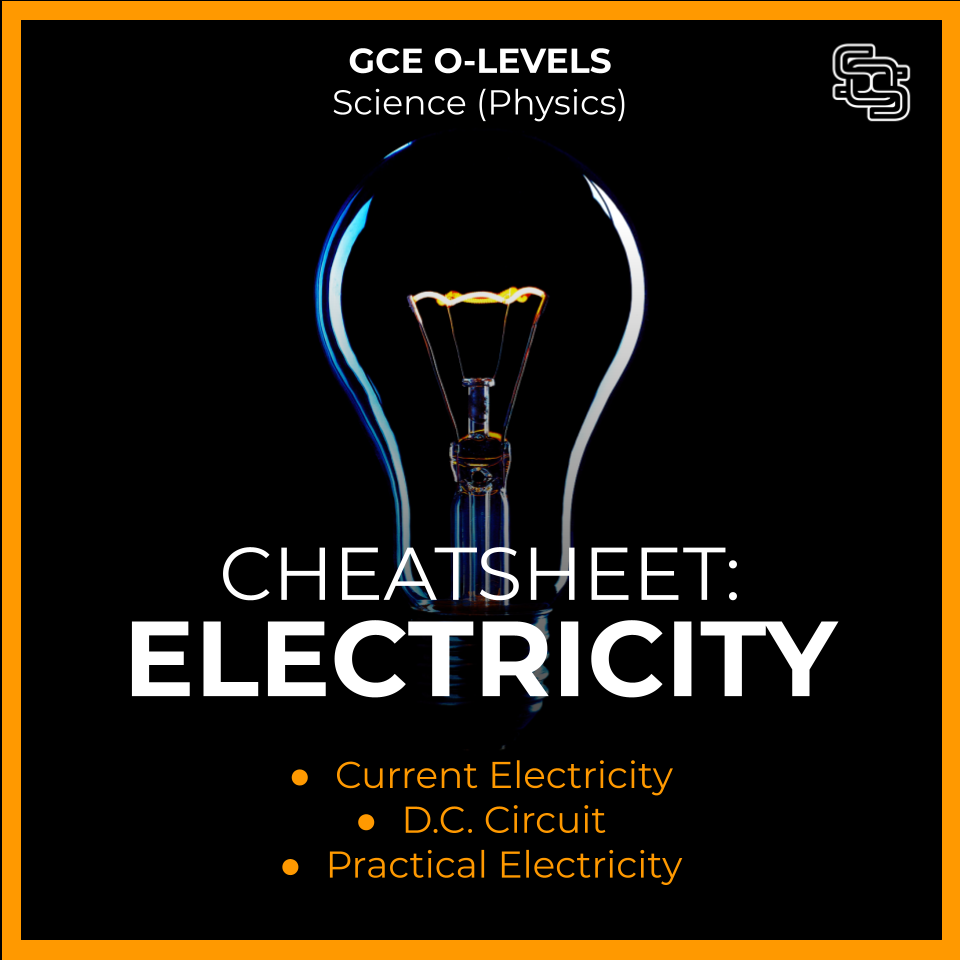
The middle school exam paper for Physics is a comprehensive examination that covers the fundamental concepts and theories of physics. The exam is designed to test the student’s understanding of physics concepts, including topics such as motion and forces, energy transfer, optics, electricity, magnetism and more. The exam is a challenging test that requires students to apply their knowledge and understanding of physics in a practical way. The exam is an opportunity for students to demonstrate their understanding of the subject and receive a grade that reflects their performance.

The middle school exam paper for Physics is a comprehensive examination that covers the fundamental concepts and principles of physics. The exam is designed to test the student’s understanding of physics concepts, including mechanics and electricity. The exam is a challenging test that requires students to apply their knowledge and understanding of physics in real-life situations. The exam is a valuable opportunity for students to gain knowledge and develop their skills in physics.

Sec 4 Physics 2018 SA2 Exam Papers Singapore

Need more help in understanding physics? Join Afterskool’s Y3Y4 level Physics tuition classes for tips and tricks to master Physics. Click here to enquire.

Includes summary and tips on the most important concepts of the following chapters:
- Physical Quantities, Units and Measurement
- Kinematics
- Dynamics
- Mass, Weight and Density
- Turning Effect of Forces
- Pressure
- Energy, Work and Power
- Kinetic Model of Matter
- Transfer of Thermal Energy
- Thermal Properties of Matter
- General Wave Properties
- Light
- Electromagnetic Spectrum
- Sound
- Static Electricity
- Current of Electricity
- D.C. Circuits
- Practical Electricity
Magnetism and Electromagnetism
Note: chapter 19. has been removed for 2021
Feedback is most welcomed. Drop me an email and leave a review!

Includes summary and tips on the most important concepts of the following chapters:
- Physical Quantities, Units and Measurement
- Kinematics
- Dynamics
- Mass, Weight and Density
- Turning Effect of Forces
- Pressure
- Energy, Work and Power
- Kinetic Model of Matter
- Transfer of Thermal Energy
- Temperature
- Thermal Properties of Matter
- General Wave Properties
- Light
- Electromagnetic Spectrum
- Sound
- Static Electricity
- Current of Electricity
- D.C. Circuits
- Practical Electricity
- Magnetism
- Electromagnetism
Note: 22. Electromagnetic induction has been removed for 2021
Feedback is most welcomed. Drop me an email and leave a review!

In the primary school science exam, students’ scientific knowledge and understanding are put to the test. The exam covers a wide range of scientific topics, including biology, chemistry, physics, and environmental science. Students will showcase their understanding of basic scientific concepts, scientific methods, and their ability to apply scientific principles to practical situations. They will also be assessed on their knowledge of scientific terminology and their ability to analyze and interpret scientific data. This exam aims to assess students’ overall scientific proficiency and foster their curiosity and critical thinking in the field of science.

In the primary school science exam, students’ scientific knowledge and understanding are assessed across multiple scientific domains. The exam encompasses biology, chemistry, physics, and environmental science. Students will demonstrate their comprehension of basic scientific principles, scientific methods, and their ability to apply scientific concepts to real-world situations. Furthermore, they will be tested on their familiarity with scientific terminology and their aptitude for interpreting and analyzing scientific data. This exam serves to evaluate students’ overall scientific literacy, critical thinking skills, and acts as a catalyst for their continued exploration and curiosity in the field of science.

In the primary school science exam, students’ scientific knowledge and understanding are put to the test. The exam covers a wide range of scientific topics, including biology, chemistry, physics, and environmental science. Students will showcase their understanding of basic scientific concepts, scientific methods, and their ability to apply scientific principles to practical situations. They will also be assessed on their knowledge of scientific terminology and their ability to analyze and interpret scientific data. This exam aims to assess students’ overall scientific proficiency and foster their curiosity and critical thinking in the field of science.






